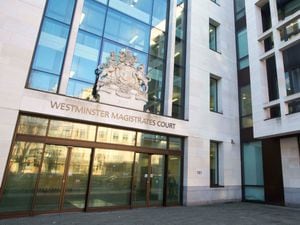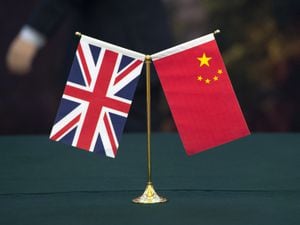What next for Brexit process after Brussels summit?
Britain and the EU try to strike a more optimistic note regarding an eventual post-Brexit deal.
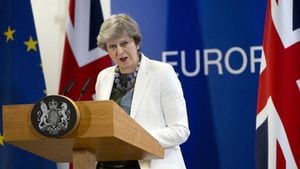
With Britain and the EU trying to strike a more optimistic note regarding an eventual post-Brexit deal at the Brussels summit, we look at what happens now.
Brussels confirmed that not enough progress had been made on legacy withdrawal issues regarding the exit bill, Irish border and citizens’ rights for talks on a possible trade deal to begin.
However, EU leaders were making more positive public assessments of the situation, and “green lighted” internal talks between the remaining 27 member states about moving to the trade agreement phase after Prime Minister Theresa May asked – her critics say, pleaded – for a deal she could “defend” back home.
Divorce talks are expected to continue in Brussels ahead of the next EU heads of government European Council meeting in mid-December at which point the remaining 27 members will again look at whether to open trade and transition negotiations, or not.
Money. Brussels has made it very clear it wants to see a clear signal from London on what the UK believes its financial commitments to the EU are after withdrawal. Mrs May refused to be drawn on what monetary concessions she would, or would not, be prepared to make, insisting negotiators would go through the issue “line by line”.
Britain has signalled it is willing to pay around £20 billion in an exit settlement, but some estimates in Brussels have suggested the figure should be up to £53 billion.
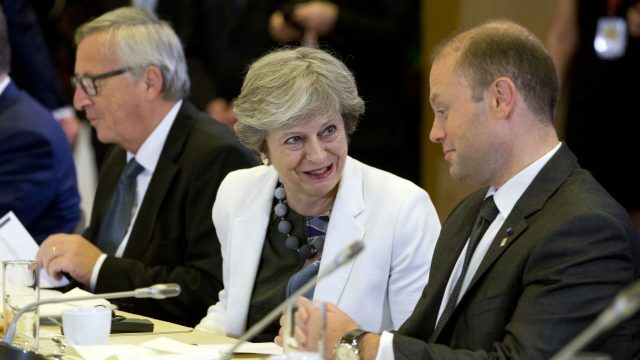
It would provoke a political crisis for the Government with heightened demands from hard-line Brexiteers for Britain to pull out of talks and prepare for a no deal scenario after withdrawal.
Failure to secure talks on a transition period and trade agreement would also go down very badly in the City where major firms have already set in train plans to move some operations to the EU27 if there is not more clarity about post-Brexit arrangements by Christmas.
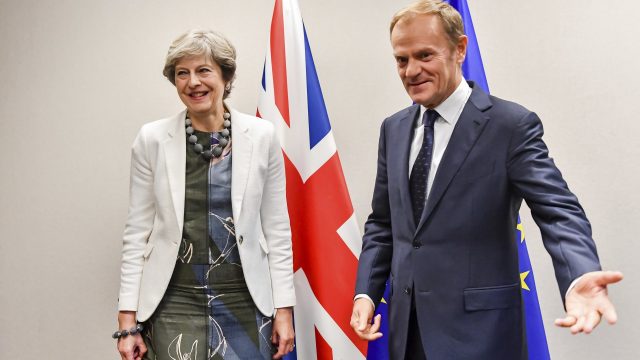
Getting the EU (Withdrawal) Bill through the Commons without amendments could prove a political headache for the PM. The key piece of legislation, which transfers European law into British law, had been expected to return for its committee stage in October.
Opposition parties have claimed it is being delayed because the Government fears a rebellion by pro-European Tory MPs could see amendments passed that the Government opposes, such as Parliament being able to veto a no deal scenario.

